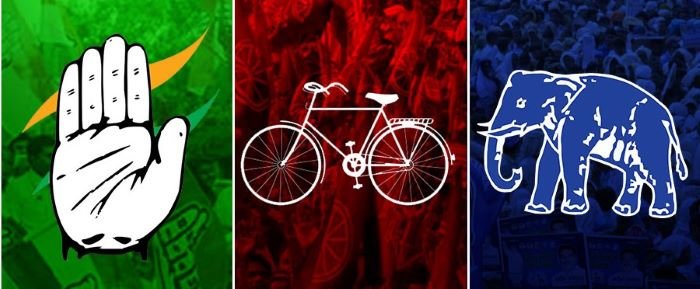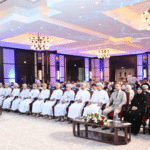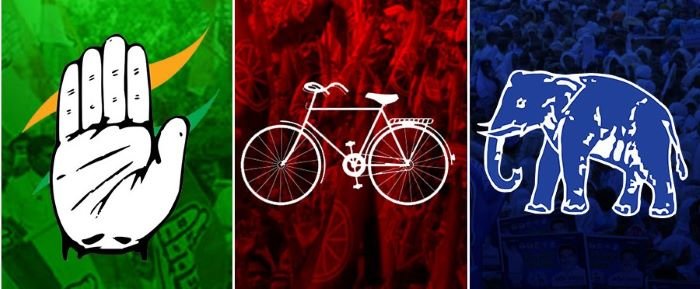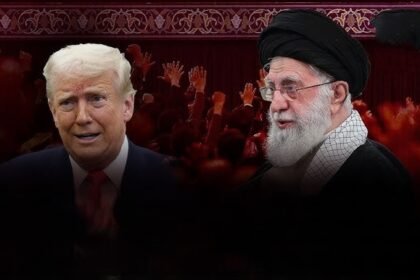
By Mohammad Tarique Saleem
As the political winds begin to stir ahead of the 2027 Uttar Pradesh Assembly elections, a quiet yet determined strategy is taking shape within the Congress Party, one that seeks to breach the deeply rooted Muslim vote bank of the Samajwadi Party (SP). According to insiders, Congress is actively crafting a plan to win back both Muslim and Dalit voters, many of whom shifted allegiance to the SP in the early 1990s in the wake of the Babri Masjid demolition. However, while Congress’s renewed interest in these crucial vote banks is politically understandable, it is unlikely to significantly dent the deep and time-tested relationship between the Muslim community and the Samajwadi Party.
The trust of the Muslim community in the SP is not based on mere electoral arithmetic but is rooted in historical solidarity, consistent advocacy, and a sense of political shelter in hostile times. Under the leadership of Mulayam Singh Yadav and now Akhilesh Yadav, the party has emerged as a reliable voice against communalism and a consistent opponent of the BJP’s Hindutva politics. Muslims in Uttar Pradesh see the Samajwadi Party not only as a political ally but as a shield against marginalisation.
Congress may be calculating that by attempting an alliance with the Bahujan Samaj Party (BSP), it can realign the Dalit-Muslim equation to its benefit. Yet this assumes a level of amnesia among voters that does not exist. The Muslim electorate is keenly aware of the opportunistic flip-flops of the BSP leadership and the Congress’s long silence during several communal episodes in recent years. While the Congress attempts to rekindle its legacy from the pre-Mandal era, it struggles with a credibility crisis among those very communities it now seeks to woo.
On the other hand, the Samajwadi Party has never wavered in its outreach to Muslims. Akhilesh Yadav, during his tenure as Chief Minister and beyond, has repeatedly raised issues that matter to the community, be it security, representation, employment, or protection of constitutional rights. In every communal flare-up, be it Muzaffarnagar or Kasganj, it is the Samajwadi Party leaders who have stood with victims, demanded accountability, and raised voices in the Assembly and Parliament.
Furthermore, the new generation of Muslim voters is politically aware, social media-savvy, and deeply skeptical of cosmetic gestures. They are watching who truly stands for secularism in action, not just in slogans. Congress’s behind-the-scenes manoeuvres might backfire if they are seen as an act of political desperation rather than genuine outreach. Akhilesh Yadav must indeed stay alert and agile, but not out of fear, rather out of responsibility to protect and strengthen this bond further.
By continuing to promote inclusivity, empowering backward and marginalised communities, and focusing on clean governance, the Samajwadi Party can not only retain but also deepen its Muslim support. As Congress tries to fish in these waters, it must realise that trust and loyalty are earned over decades, not won in a strategy room. And in the heart of Uttar Pradesh, the Muslim vote is not just about who seeks it, it’s about who has stood by them, time and again. For now, that trust remains firmly with the Samajwadi Party.










